
NFT Collector 'ILovePonzi' Loses Valuable Ape NFTs to Hackers, Is Upset
A Twitter user with the handle 'ILovePonzi' said hackers stole eleven of his NFTs, and then sold them for around $700,000.

A Twitter user with the handle 'ILovePonzi' said hackers stole eleven of his NFTs, and then sold them for around $700,000.

The world as we knew it changed over the last year but not our stupid love for “password” and “123456.”

"The nature of the activity and targeting is consistent with a government backed actor," the Google researchers say.

In the latest episode of the My First Hack series, Andrew Tierney—better known as Cybergibbons—tells the story of the time he discovered he could use his telephone to control his school’s heating system.

Multiple exploit developers tell Motherboard an upcoming change in iOS could make zero-click exploits harder to pull off.
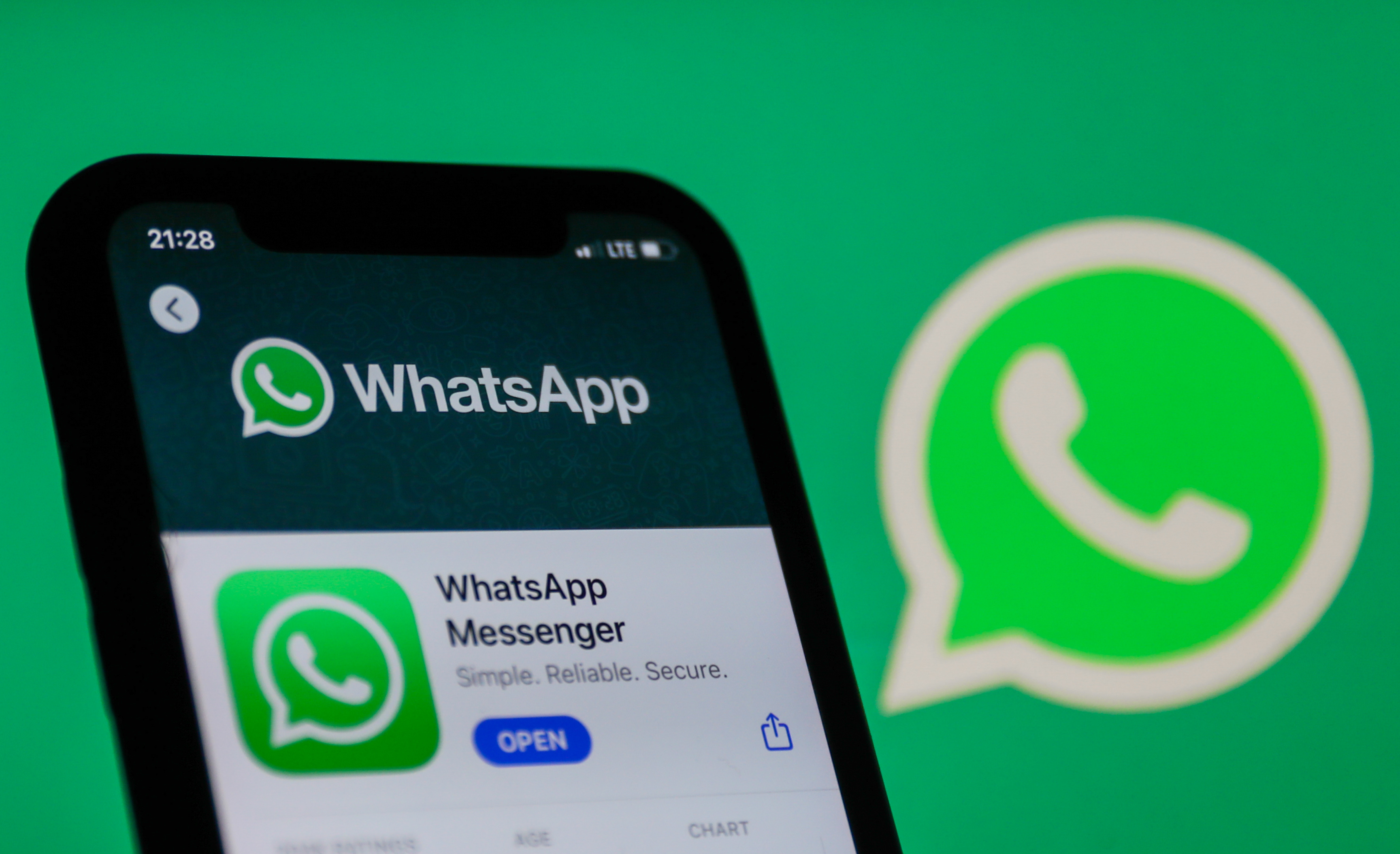
Technical analyses by Citizen Lab and Motherboard found links between a fake version of WhatsApp and Cy4Gate, an Italian surveillance firm that works with cops and intelligence agencies.
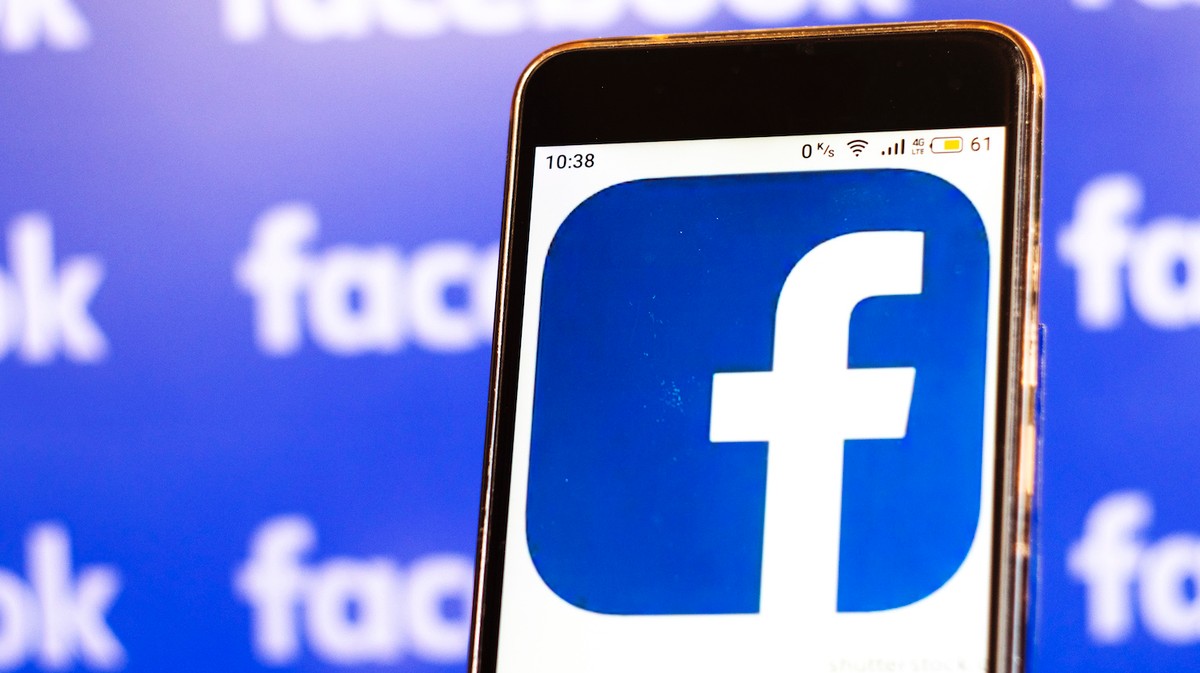
A user of a low level cybercriminal forum is selling access to a database of phone numbers belonging to Facebook users, and conveniently letting customers lookup those numbers by using an automated Telegram bot.

A series of vulnerabilities in Amazon's Kindle could have allowed hackers to take control of victims' devices by sending them a malicious ebook, according to new research.
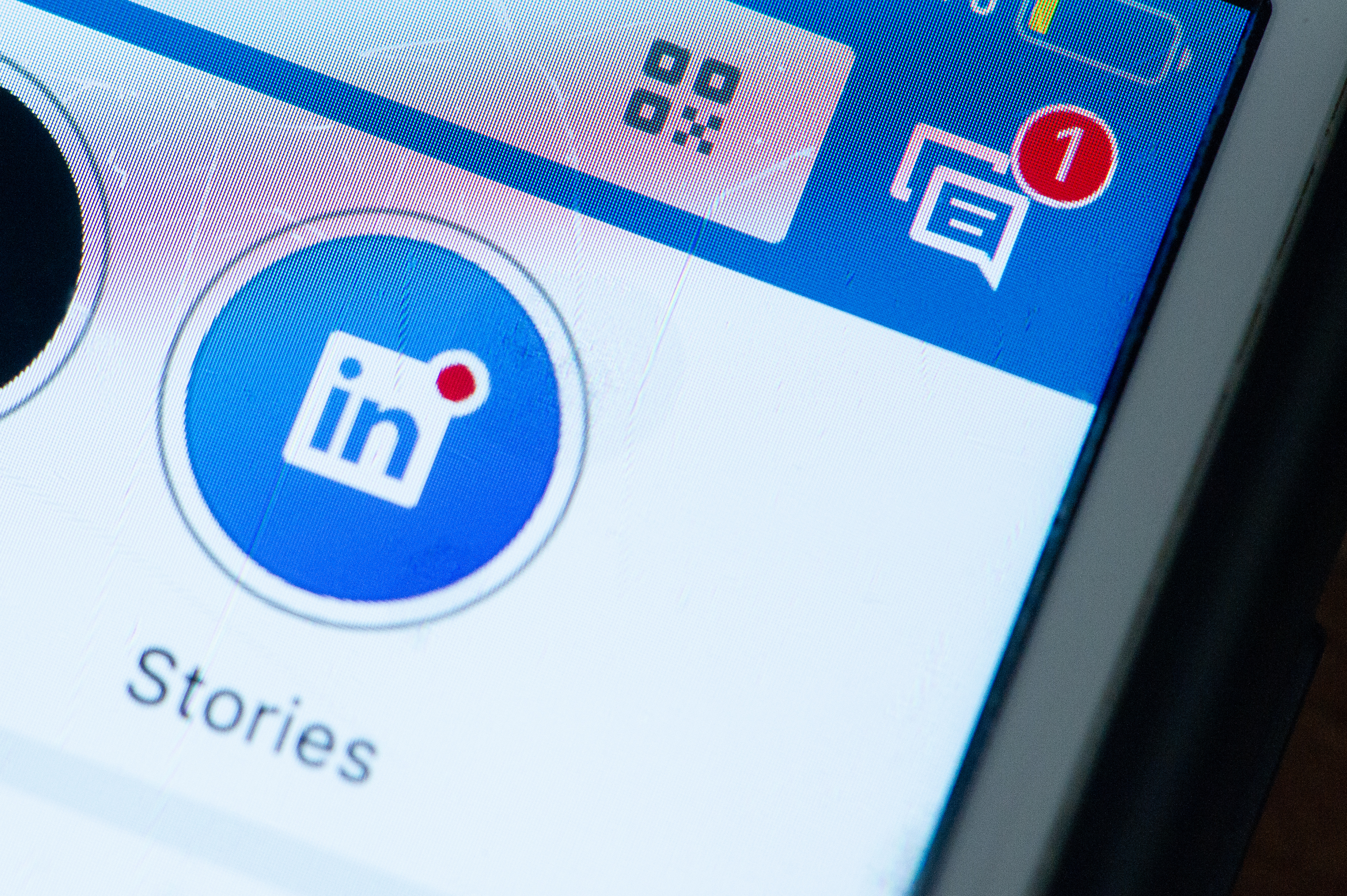
Fraudsters are impersonating real HR employees in fictitious job offers sent on LinkedIn, in a dubious scheme to get targets to share banking data.

Consumers and security companies report a concerning increase in scams via text message phishing, also known as smishing.
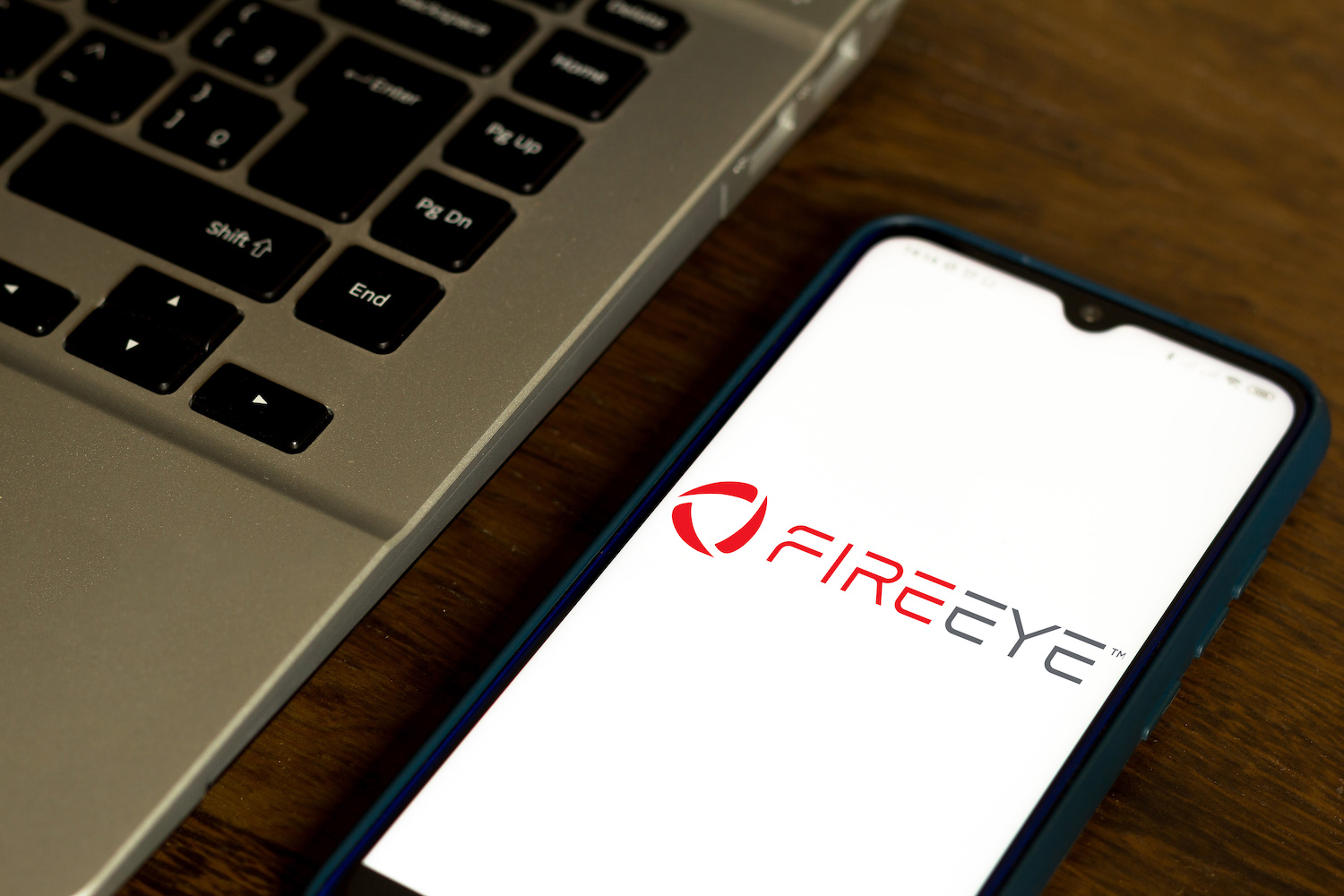
FireEye, a top-end cybersecurity firm that works to protect government and corporate systems alike, itself announced on Tuesday it was the target of what it described as hackers from "a nation with top-tier offensive capabilities," with the hackers stealing FireEye's own offensive tools which could be used for future hacking operations.

The holidays are, above all, a time of extreme abundance. Cybersecurity threats are no exception. Like so many things, the risks to our online safety and privacy are about to proliferate as the holiday shopping frenzy begins. From bogus e-commerce sites, fake WiFi networks, and charity scams to sophisticated ransomware and phishing attacks, the internet is already a minefield of threats waiting to suck up our sensitive data.

A serious flaw in Xbox Live allowed hackers to easily find out the email address used to register any Xbox gamertag. Microsoft has patched the bug since. Make sure to update.

Finnish police announced on Thursday that the personal data of tens of thousands of citizens had been compromised in a data breach of one of the country’s largest psychotherapy centers.

A document obtained by Motherboard provides more detail on the malware law enforcement deployed against Encrochat devices.

New pictures of the outside—and inside—of the GrayKey iPhone unlocking device have been published by the FCC.

The USPS Office of Inspector General found that the Postal Service was using several applications laded with vulnerabilities that could have led to a hack with a potential financial impact of over $1 billion.

A security researcher who specializes in MacOS found a way to hack users who would double click on a Microsoft Office file, with no need for any other interaction.

The gigaleak. That’s the name retro enthusiast and amateur game developer Cosmo came up with when they realized the trove of secrets that had leaked out of Nintendo last week, which have dominated gaming’s attention ever since.
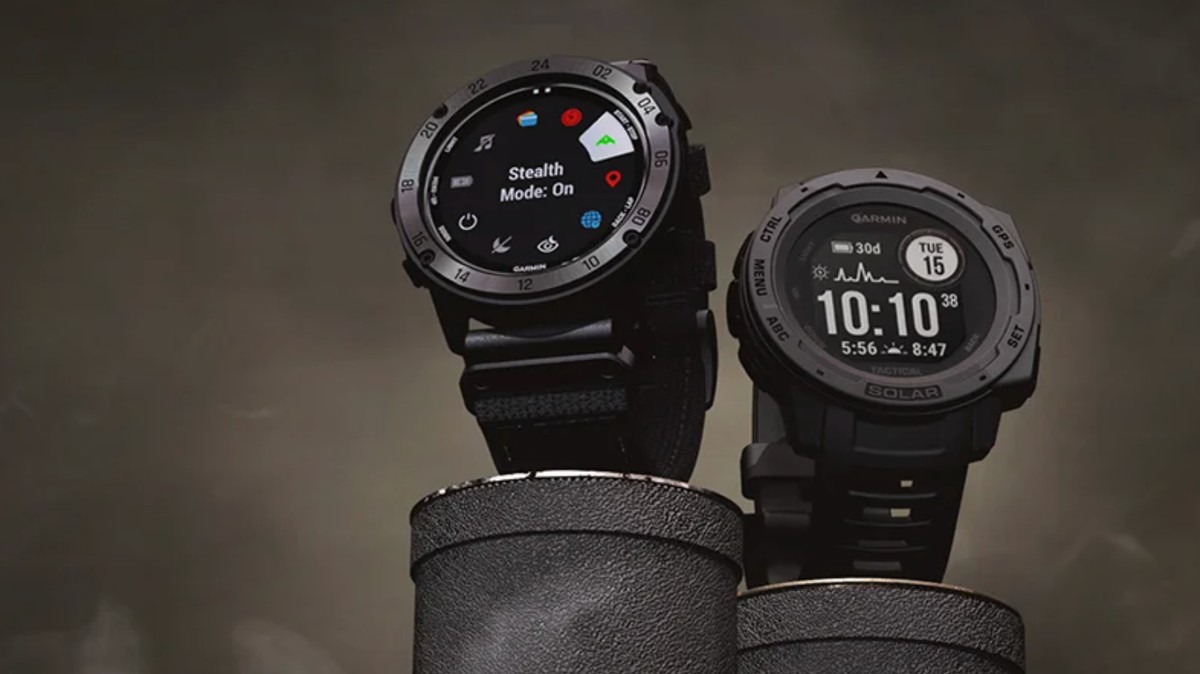
The Garmin ransomware attack that took down the GPS company’s fitness tracking apps, customer service infrastructure, and most of its services, was a devastating attack that should worry anyone who uses a smartwatch or other wearables.